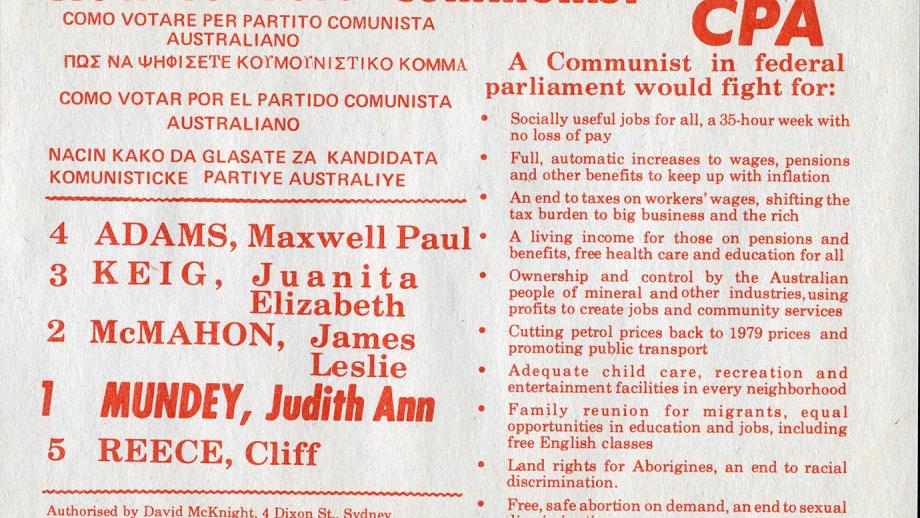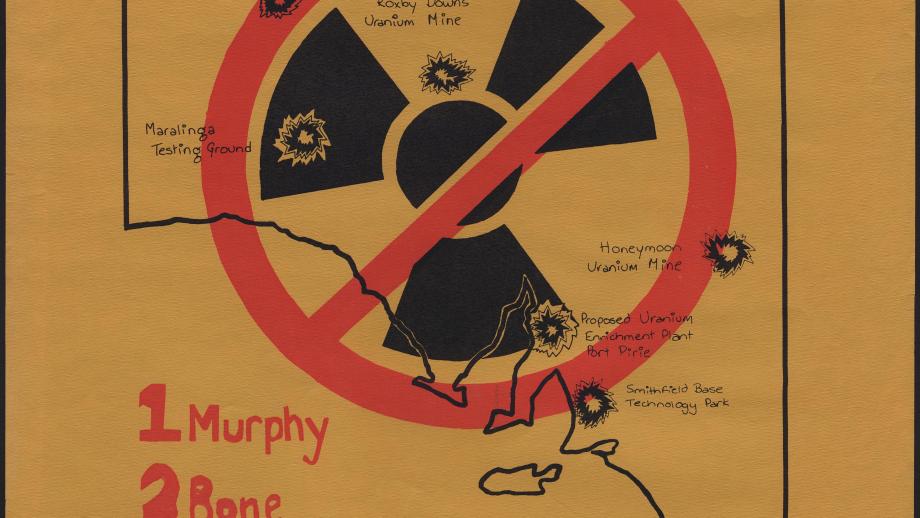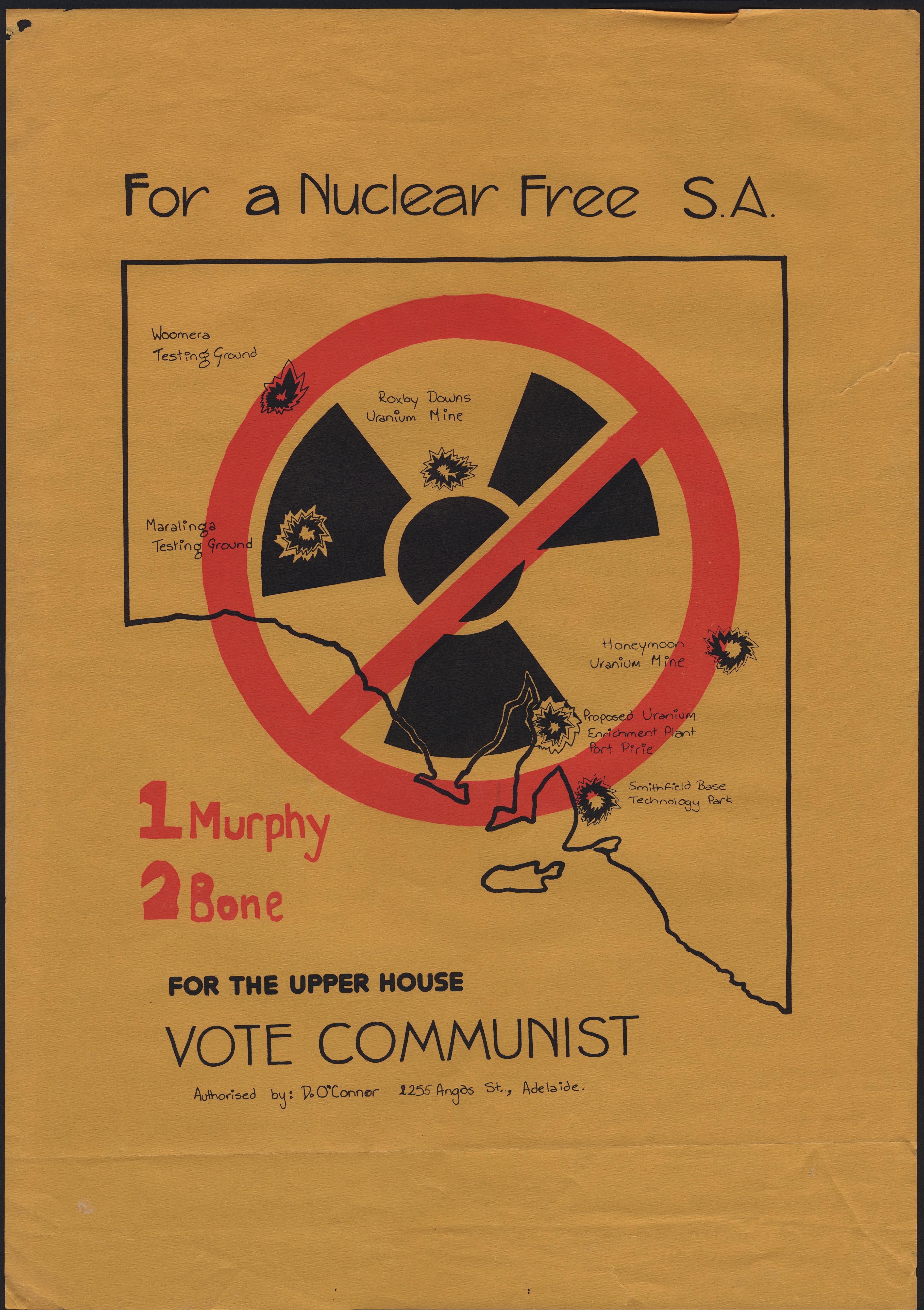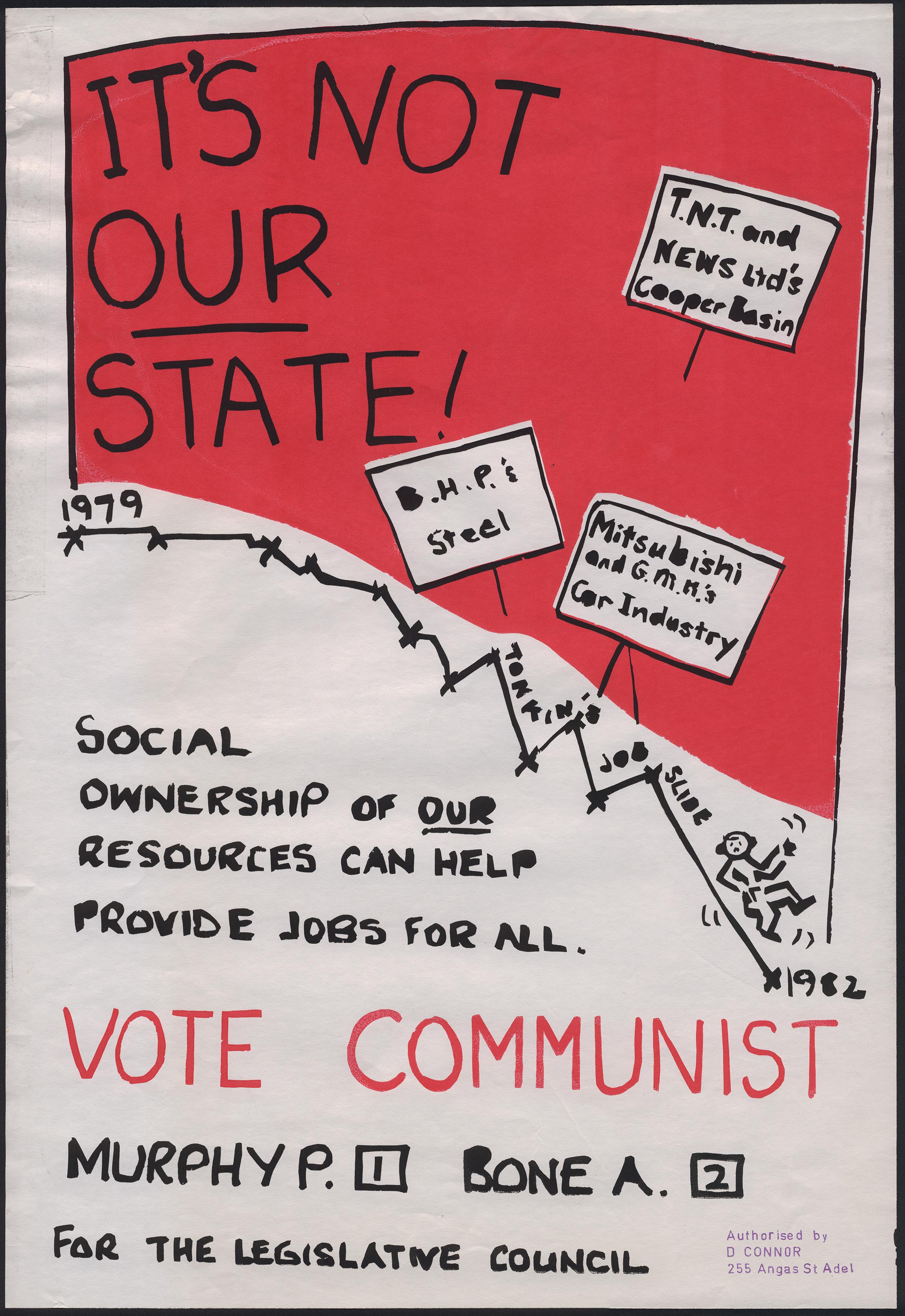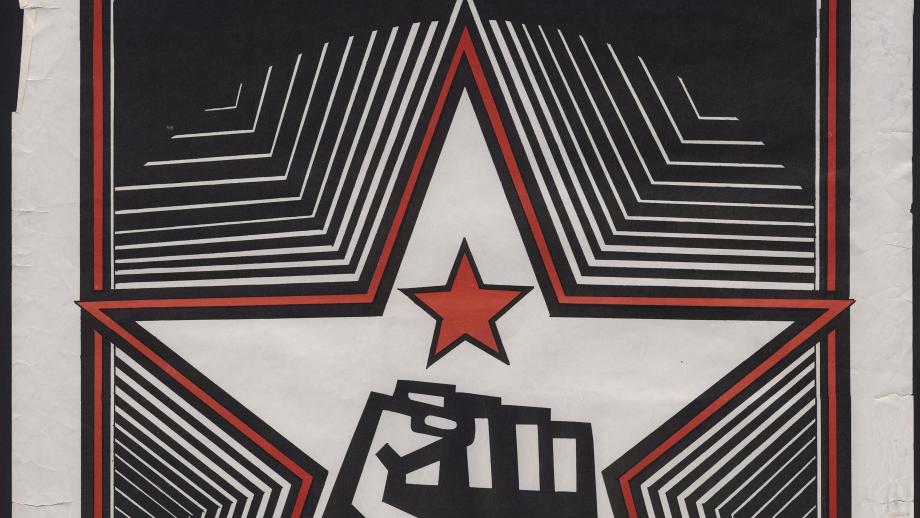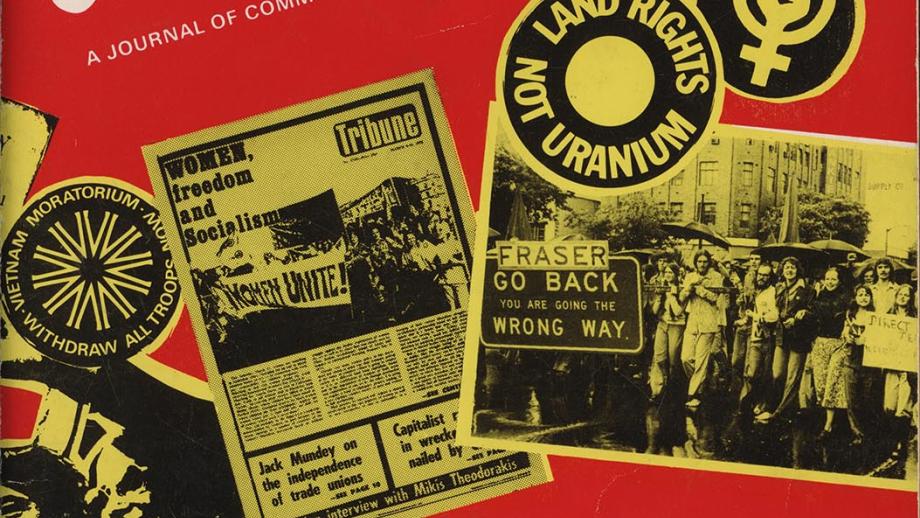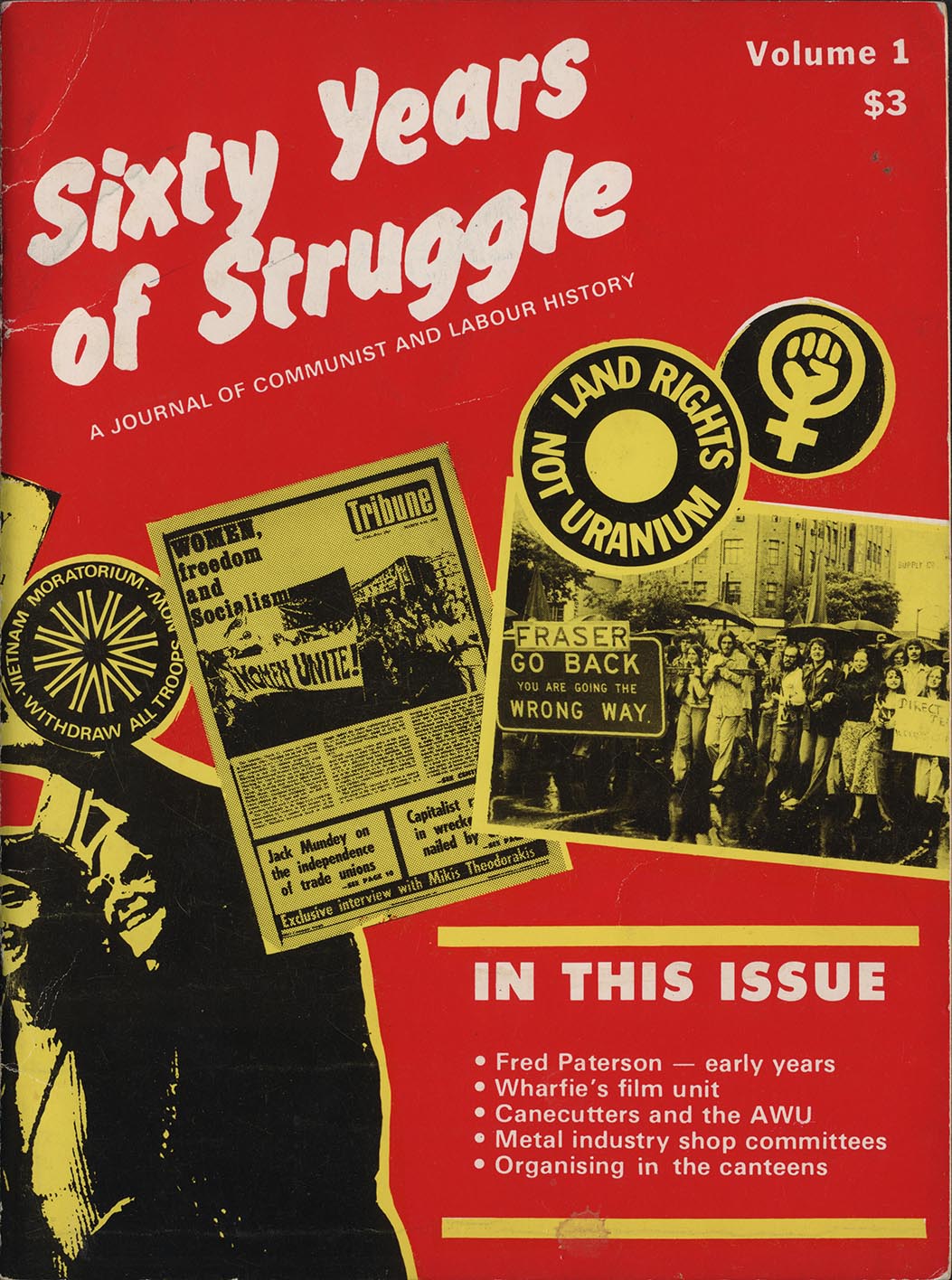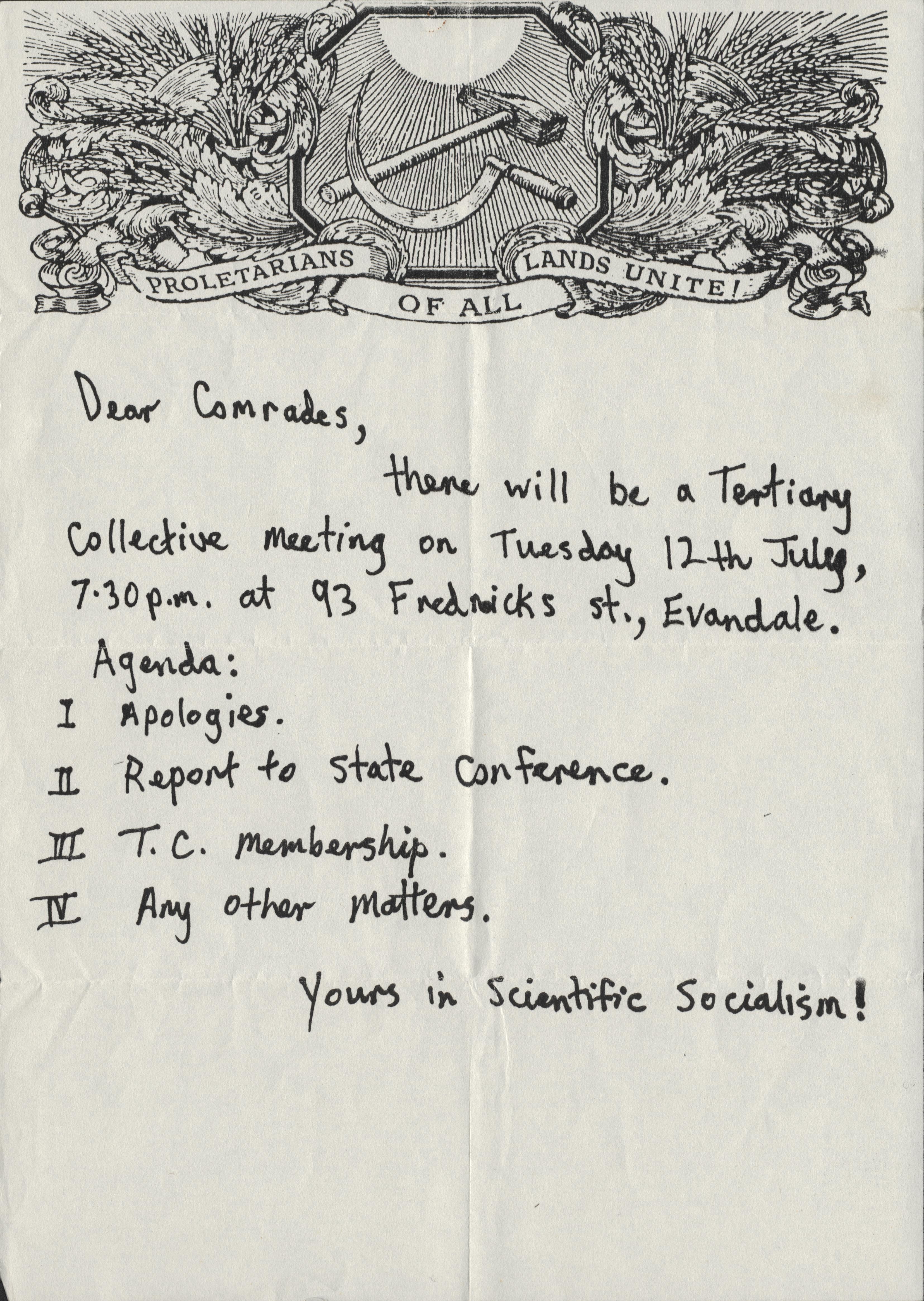The Soviet-led invasion of Czechoslovakia in 1968 was another turning point for the Australian Communist Party. A pro-Moscow group split from the main party and there was a growing feeling that the Party had become too middle-class and lost its way. In 1989 the decision was made to disband the Party, with some remaining members forming a new group known as the New Left Party. This Party was short-lived and disbanded in 1991.
The SPA continued and “reasserted its belief in socialism and in the validity of Marxism-Leninism" (P True 2016). At their 8th National Congress held in October 1996, members made the decision to reclaim their name and from that point the party became known as the Communist Party of Australia. The Party still operates today and describes itself as “a party of activists who work in trade unions, peace and environmental groups, solidarity organisations and a variety of other community movements as well as running campaigns in the name of the Communist Party” (Communist Party of Australia nd). The Party focuses on issues of the working class as well as the major issues relating to Indigenous people, peace, climate change, housing, health, trade unions and solidarity.
The SEARCH (Social Education and Research Concerning Humanity) Foundation was established in NSW in 1990 as a successor of the Communist Party of Australia. SEARCH is a member-based organisation that advocates for a democratic socialist and ecologically socialist Australia and works “to promote greater understanding in the community of the main factors affecting social life, influencing social development and advancing social well-being" (SEARCH Foundation nd).
The Australian Communist Party was re-established on 28 June 2019, “after analysing the marked inadequacy of the parties of the left and deciding on a new path in the movement for socialism in Australia” (Australian Communist Party nd). The ACP has developed as an alternative Marxist-Leninist Party to the CPA in response to what it sees as unresolved issues that the latter had with trade unions and the ALP and “lax recruitment practices and general ill-discipline" (Australian Communist Party nd).
References
Macintyre, S 1998, The Reds, Allen & Unwin, St Leonards
SEARCH Foundation n.d., Our Mission, accessed <https://www.search.org.au/our_mission>
Australian Communist Party n.d., Our History, accessed
